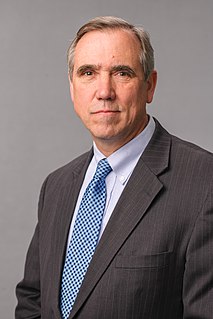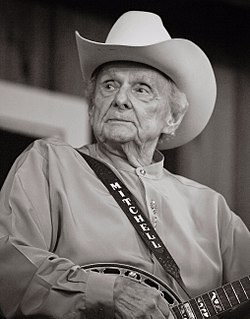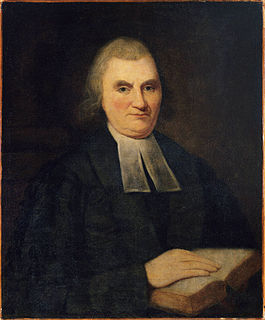A Quote by Jeff Merkley
I grew up in Southern Oregon. My father was a sawmill worker and a logger, and his job put food on the table.
Related Quotes
My father was a logger. He cut timber and hauled it out of the woods and had a sawmill. They sawed it into lumber. And, you know, the mines needed things they call timbers and collars and so forth, and they used collars on the railroad track that they put the rails on. And he - that was his occupation, just a sawmill man and a logger.
In high school the very first job I got was I worked as a cashier in Burgerville, which is this fast food place in Oregon. I kind of grew up to be a spoiled little kid so my dad was like, 'You're going to get a job for the summer!' I was this clueless immigrant like, 'May I take your order? Sorry sir, I don't know what I'm doing!'
There is nothing a worker resents more than to see some man taking his job. A factory can be closed down, its chimneys smokeless, waiting for the worker to come back to his job, and all will be peaceful. But the moment workers are imported, and the striker sees his own place usurped, there is bound to be trouble.
The core cuisine of Southern food is established in the plantation South, within the world of slavery. To understand the plantation table, we must understand the relationship of enslaved people to Africa, to historical trauma, and their central role in food production. Their voice is the most poignant, expressive voice in Southern cuisine.
Southern food that appears in contemporary popular culture is so exaggerated that it's hardly recognizable to most Southerners. This enriching of Southern food - fatter, richer, more over the top - is what we typically see on TV, in Hollywood films, and in Southern-style or country-themed chains like Cracker Barrel. Southern food becomes a caricature, like characters and props in a reality TV show.
Sir Walter, being strangely surprised and put out of his countenance at so great a table, gives his son a damned blow over the face. His son, as rude as he was, would not strike his father, but strikes over the face the gentleman that sat next to him and said, "Box about: twill come to my father anon."

































